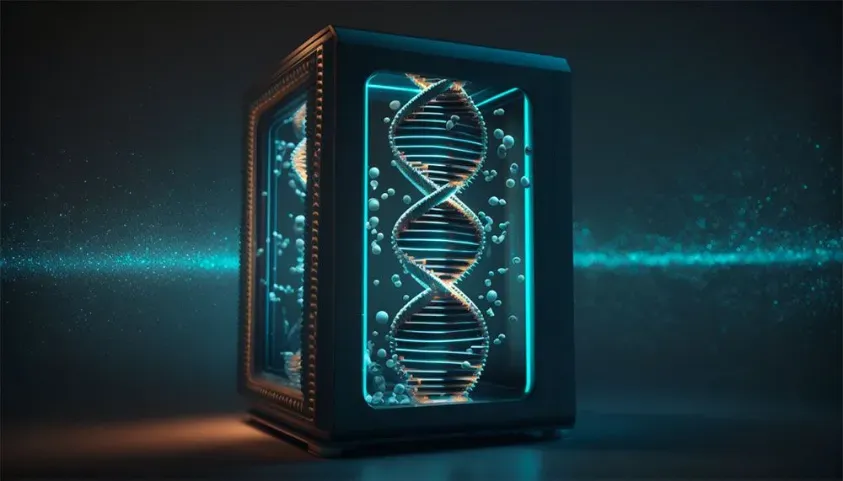Thanks to a recent development in molecular computing from US scientists, it could be feasible in the not-too-distant future to run whole computer networks inside of live cells.
Research released on August 22 claims that functioning DNA computers have been created by a team at Johns Hopkins University and North Carolina State University.
DNA storage has existed for some time. Instead of running on electricity, like standard desktop computers and cellphones do, this could be the first functional molecular computer capable of doing both storage and computation utilizing DNA. Thus far in testing, this DNA-based computer has shown promise by solving sudoku and chess puzzles.
Synthetic DNA is usually used in the development of most molecular computers. Therefore, for the time being, it is doubtful that their introduction into living entities will find any useful purpose. From a scientific standpoint, nevertheless, there is nothing prohibiting a suitably funded and driven team from building computation systems inside living cells within creatures using the basis developed in the above-described research.
Future growth and expansion might potentially allow one to network DNA-based computers inside a single organism.
A blockchain-inside-a-human would be based fundamentally on how blockchain networks operate in the traditional computing environment. Different cells in a person’s body would function as validation nodes for whatever transactions took place on the cellular blockchain. To confirm performance and check cellular integrity, one might conceivably create a cellular blockchain network inside of a particular organ, say the heart or liver.
Though the breakthrough research presented seems to have at least brought far-future technology within human reach, it is still a far-off technology that we do not now own.
Blockchain’s Potential Beyond Cryptocurrency: Securing Genomic Data
Yale researchers have developed SAMchain, a blockchain technology that allows individuals to control their genomic data securely. This technology ensures that once genomic data is stored, it cannot be altered, protecting it from corruption and unauthorized use. SAMchain can also facilitate personalized medicine by allowing patients to share their genetic information with doctors or researchers. The system efficiently manages large genomic datasets by storing only the differences between an individual’s DNA and a reference genome. The research was published in Genome Biology on June 29.
You can also freely share your thoughts and comments about the topic in the comment section. Additionally, don’t forget to follow us on our Telegram, YouTube, and Twitter channels for the latest news and updates.


